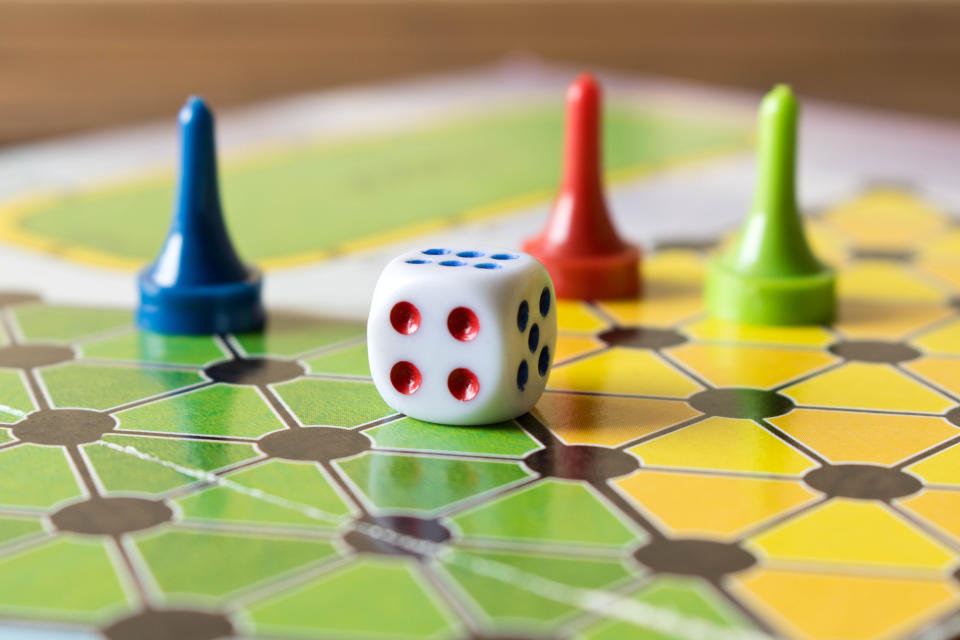Playing board games could keep you sharp into old age

Playing board games could keep you sharp into old age, research suggests.
Scientists from the University of Edinburgh first looked at the memory, thinking speed and problem-solving skills of more than 1,000 11-year-olds in the 1940s.
Sixty years later, the same participants were assessed again, with their “gaming” habits also being noted.
The scientists found those who played cards or did crosswords experienced “less cognitive decline”.
READ MORE: The Link Between Anxiety and Memory Loss
And it may never be too late to start. Those who upped the hobby in their seventies still reaped the benefits, the results show.
“These findings add to evidence being more engaged in activities during the life course might be associated with better thinking skills in later life,” study author Dr Drew Altschul said.
“For those in their seventies or beyond, another message seems to be playing non-digital games may be a positive behaviour in terms of reducing cognitive decline.”
Struggling to remember names or misplacing keys are part of the “normal process of ageing”, according to the Cleveland Clinic.
READ MORE: Common midlife health signs you shouldn't ignore
However, memory loss that interferes with everyday life could be a sign of mild cognitive impairment or dementia.
For instance, forgetting where you left your glasses is not a cause for concern. But not understanding what they are for, or that they are worn on the face, should raise alarm bells.
To learn more about how our memory changes over the years, the scientists analysed septuagenarians born in 1936, who took part in the Scottish Mental Survey of 1947.
Results, published in The Journals of Gerontology Series B: Psychological Sciences, suggest non-digital games could protect our thinking skills.
Playing more between the ages of 70 and 79 was found to reduce memory loss, while upping the hobby from 70-to-76 slowed the rate of cognitive decline.
READ MORE: 7 Tips to Improve Your Memory
The results remained true after the scientists adjusted for factors like education and activity levels.
“Even though some people’s thinking skills can decline as we get older, this research is further evidence that it doesn’t have to be inevitable,” Caroline Abrahams, director of Age UK - which was involved in the research - said.
“The connection between playing board games and other non-digital games later in life, and sharper thinking and memory skills adds to what we know about steps we can take to protect our cognitive health, including not drinking excess alcohol, being active and eating a healthy diet.”
The scientists hope to investigate whether some games are “more potent” than others.

